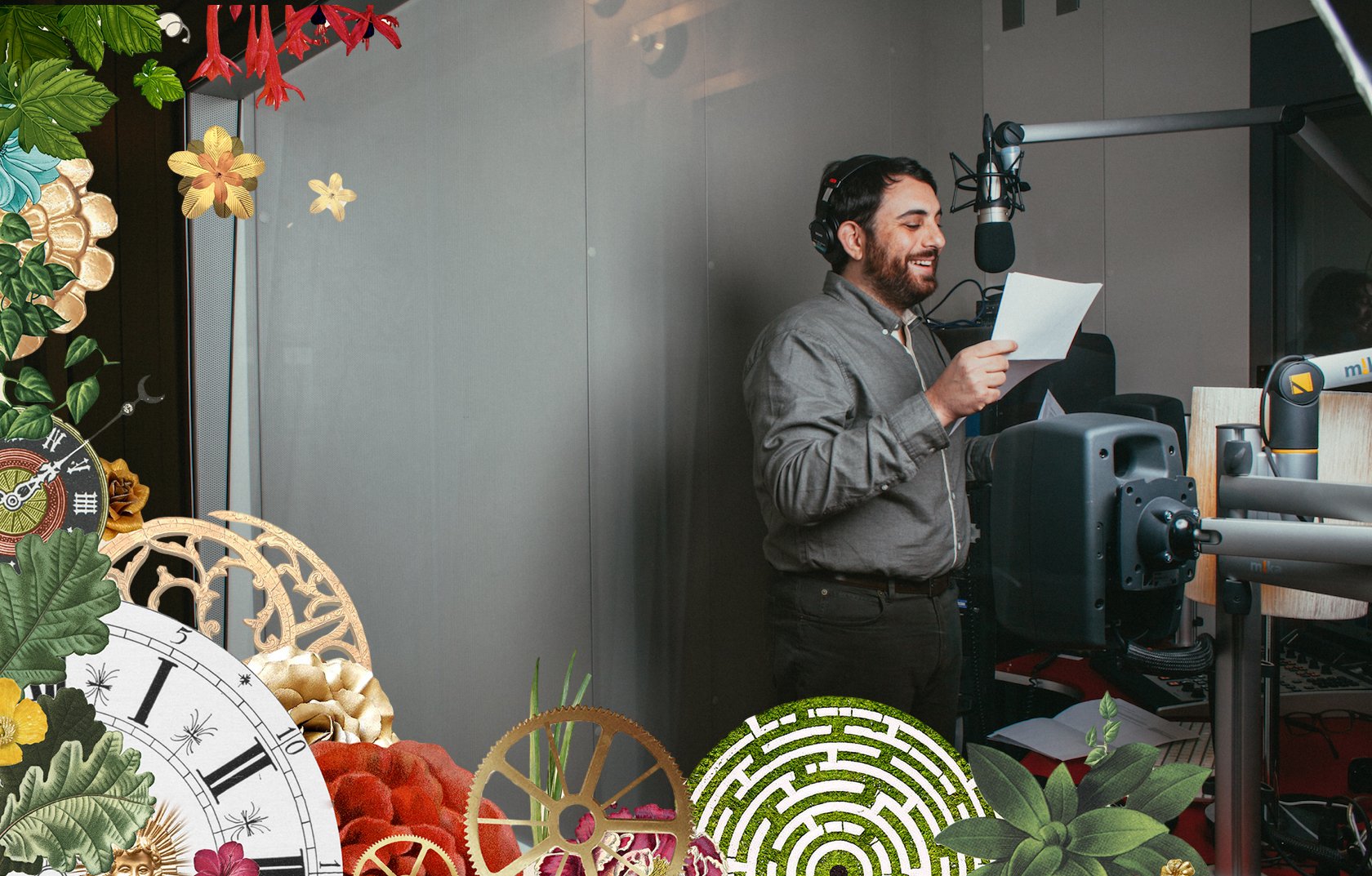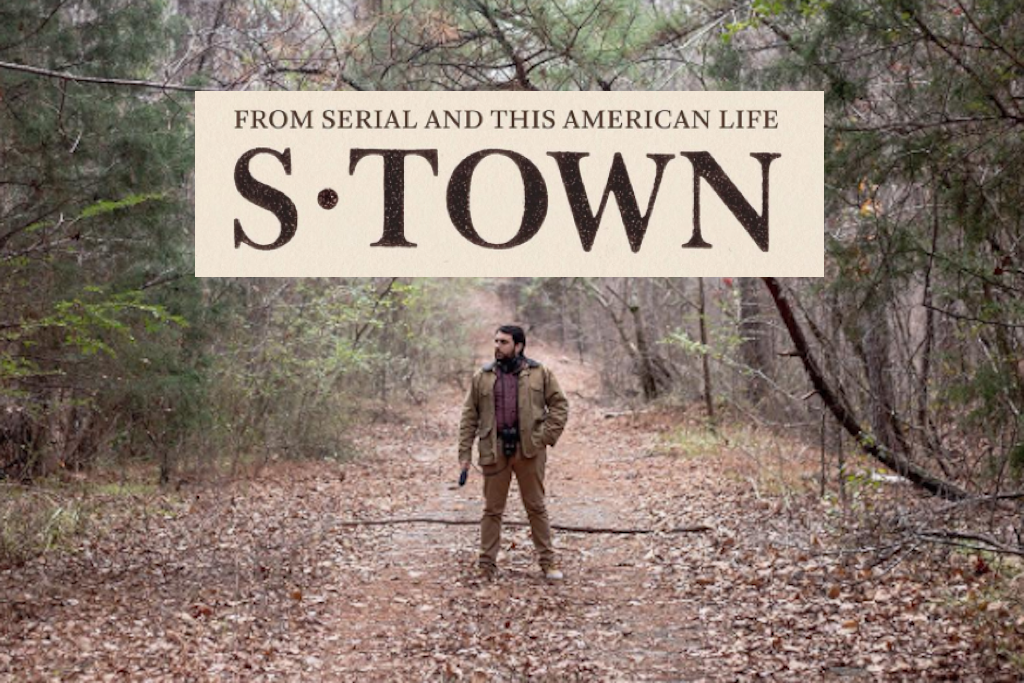When This American Life producer Brian Reed released his podcast S-Town earlier this year, it was — as all the best pieces of pop culture are now — buoyed on a wave of thinkpieces. ‘Was the art of S-Town worth the pain?’; ‘Why S-Town invites empathy not voyeurism’; ‘How S-Town fails black listeners’; and, perhaps most memorably, ‘S-Town never justifies its voyeurism, and that makes it morally indefensible’. Morally indefensible.
Those last words came from The Guardian‘s Melbourne editor Gay Alcorn, and were in turn borrowed from Janet Malcolm. In her seminal 1989 book The Journalist and the Murderer, Malcolm wrote, “Every journalist who is not too stupid or too full of [themself] to notice what is going on, knows that what [they do] is morally indefensible”.
More acknowledgement than admonishment, the quote is meant to serve as reminder that a journo’s job is morally fraught. We deal in stories that are not our own, and should be bound by both ethics and humility when deciding the shape they take.
[Ed note: the rest of this piece discusses both suicide and spoilers to S-Town]
Considering this, Alcorn rhetorically questioned Reed’s choices in posthumously telling the life of John B. McLemore — a man who had contacted Reed with a story tip years prior, then killed himself during their correspondence.
“Had he decided there was no story before McLemore’s suicide?” Alcorn asked. “When did he decide to tell McLemore’s story instead [of the initially set-up murder case] and why? All those hours of tapes he had of McLemore talking, sometimes raving — was there no issue with using them and then digging further to broadcast the most personal and sordid details of a man’s life?”
I put the question to Reed himself, a few hours ahead of his first international talk on the show that’s made him one of the most successful podcast producers on the planet — with more than 40 million downloads to date. What was the moment he knew the story was about John? When did he decide to see it through?
“Well, when John died…” he says, before trailing off. “That was very shortly after I had come to the conclusion that the murder I was looking at was not a murder. But I wasn’t at the point of saying goodbye to it yet.
“I was thinking, maybe this becomes just about him and [his friend Tyler Goodson]… Maybe it’s about different allegations of corruption and fucked-up-ness going on in Bibb County. Maybe we’ll pick up another thing to look at that isn’t this murder.
“After John died there was this estate battle where two sides were making claims against the other and coming to me and asking me to look into stuff. This is clearly what a reporter does — look at stuff like this. Then I just had questions about John’s life and who this man was… Those were two very clear things to do, as a reporter.”
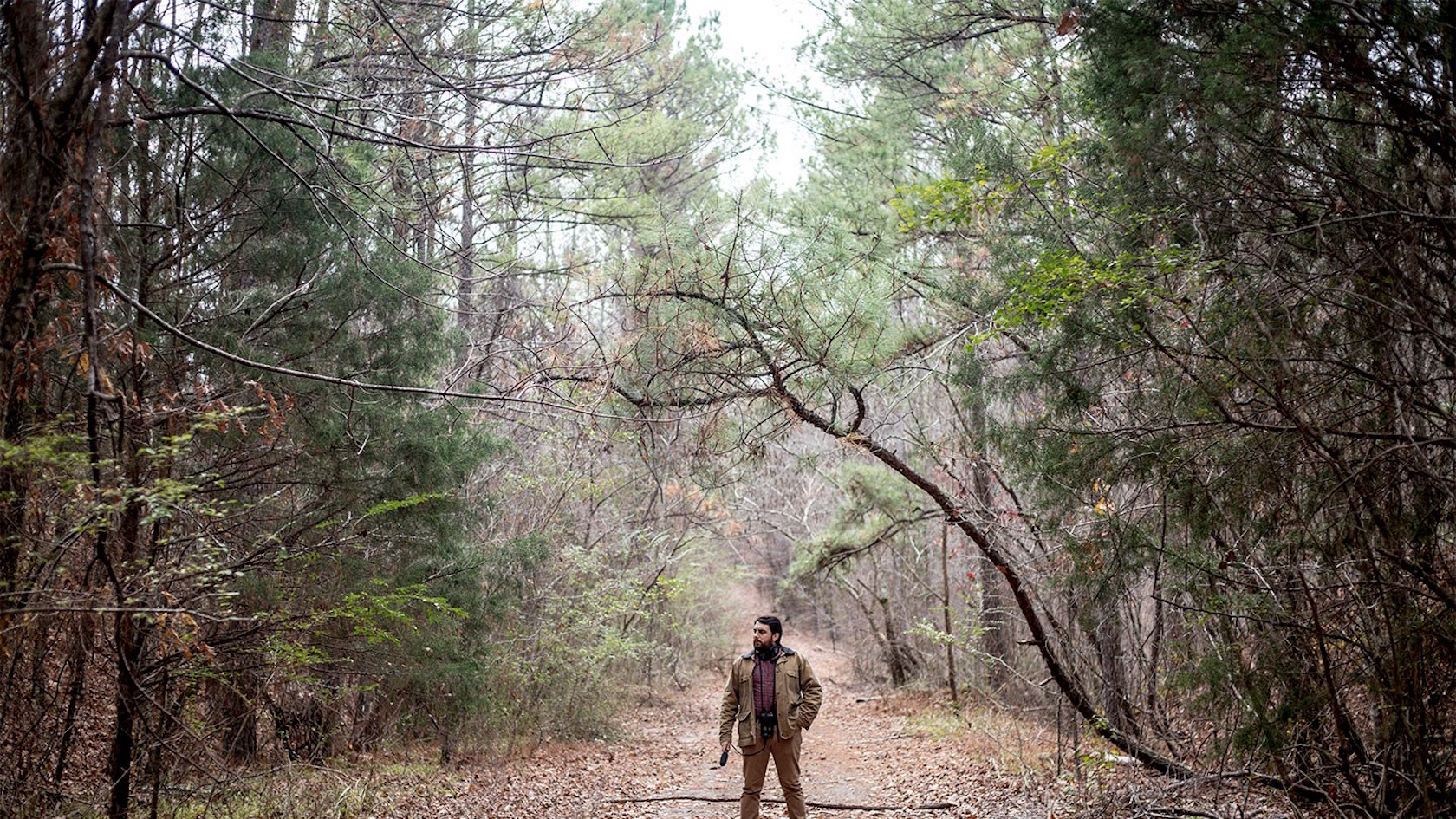
Finding The Story
S-Town, as so many of us now know, is not the story it once seemed. It started out — much in the vein of the first season of Serial — as a murder mystery. An enigmatic This American Life listener had reached out to the show wanting to talk about his home, as he called it “Shit-Town Alabama”. Brian Reed, our eyes and ears through it all, then followed this up. The compelling and manic man, John B. McLemore, told him a wild story of a murder and ensuing cover-ups and countless collusions from city officials. Then, Reed discovered it wasn’t true, and the shape of things twisted in ways nobody expected.
By episode two — or chapter two, as Reed refers to it, purposefully opting for the novelistic — the story had moved on to McLemore himself. It gave a platform for John to speak to his fears and paranoias about the world, his history with the town in which he lived and his depression. Eventually Reed carried the story on to explore the fallout from McLemore’s death. After John killed himself, Reed both followed the unravelling leads of what John left behind, and sketched a tender portrait of a man who had lived a difficult life.
The finished work is groundbreaking in both its style and form — the first podcast ever made for “bingeing” — as well as intriguing in its success. We’re now in a cultural moment in which a longform piece of literary-audio journalism about an antiquarian horologist in rural Alabama can go viral. It was binged and adored. S-Town had commuters weeping on trains. Friends obsessed and fought about its worth or message or use in pubs, a world away from John’s shit town. Australians, Reed tells me, were nuts for it; we were “clamouring” for tickets to his sold-out talks, which take place this week.
“It’s still not normal, it doesn’t feel normal,” Reed says, speaking of the fandom. “It feels weird. I’m really grateful that people are interested in it and listen to it in the numbers they did. I’m grateful for that, but it still is surprising and confusing.
“I felt like this was something I wished were a type of podcast that existed, so that’s what we were trying to do,” he explains. “This is the type of podcast I’d be interested in hearing more of. Something that had the feel and form of S-Town… We made what we were wanting to be out there.”
Of course, with such a large audience, there were detractors too. Many criticised Reed’s unpacking of McLemore’s life as invasive or perhaps unwarranted. Did the man who reached out to journalists about an alleged murder consent to such a thorough investigation of his own life?
“The story became about what John asked me to do, which is, ‘This is such a shit town. You need to blow the lid off this shit town’.”
When I ask Reed about any moral quagmires he faced along the way, he jumps straight to the most contentious. “Chapter six was a big one, just in terms of John’s personal life.” It’s the chapter in which Reed talks about John’s sexuality; he speaks to Olin, a gay man who had shared an intimate friendship with John. He gathers the frayed ends of John’s mostly closeted queer experience.
“The story became about what John asked me to do, which is, ‘This is such a shit town. You need to blow the lid off this shit town’. And it became clear that what that meant was John’s experience of it. To not discuss his sexuality as part of that — of why his experience of this place in rural Alabama was such a “shit town” — would be unfair to reality.
“I wanted to be able to do that while obviously approaching it with a lot of care and respect. We were constantly navigating that and there’s a lot we left out. Everything is a decision about ‘what does this add, what does this show?’. And we were trying to go beyond just saying, ‘He was gay in Alabama and that sucks’. The experience I had, mostly from talking about Olin, who’s the main interview in that chapter, is understanding what it’s actually like to live there as someone of that generation who’s gay.”
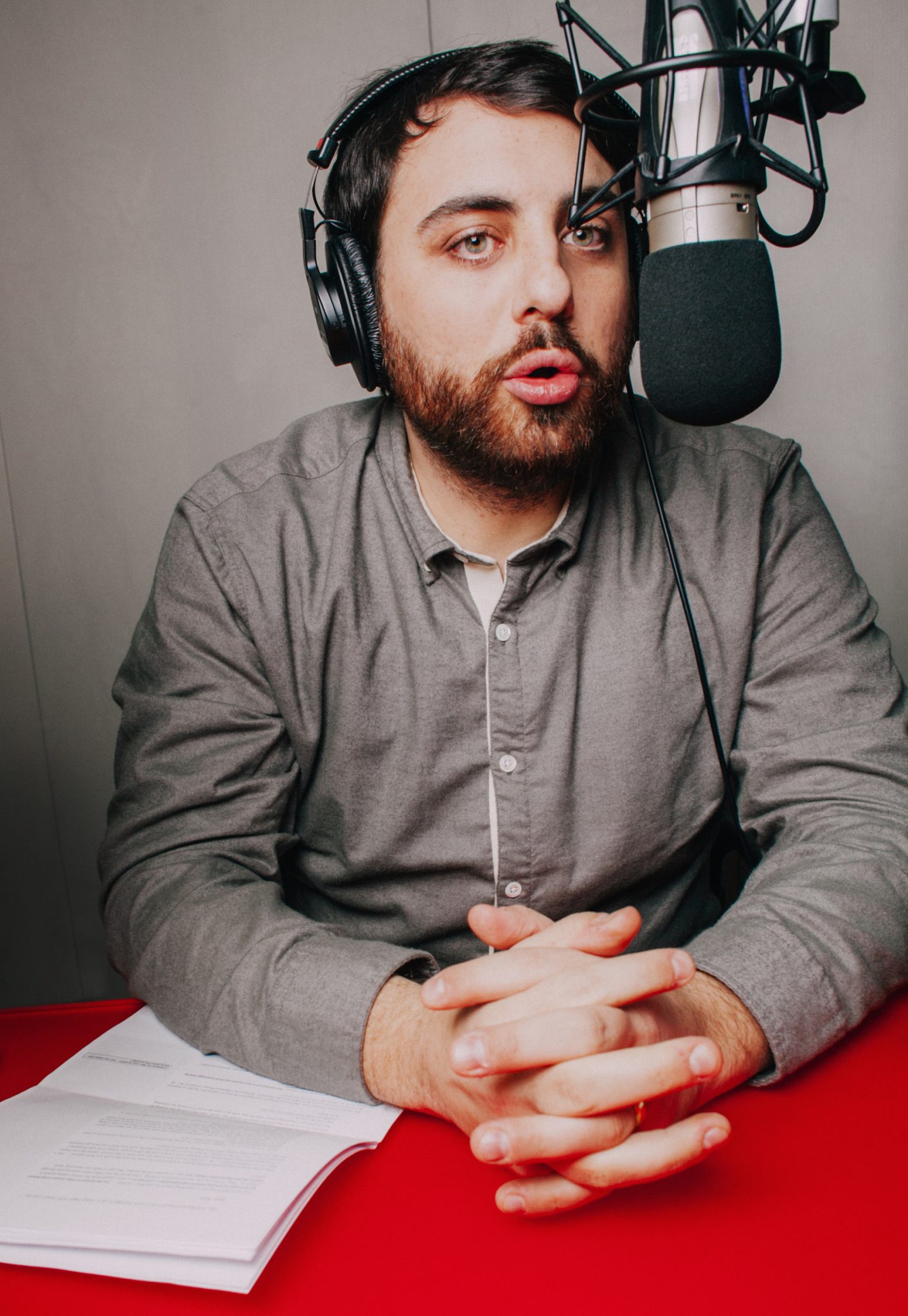
“Sometimes, I just… I get it,” Reed says, speaking of the pushback he’s faced. “People have different feelings about things. But I think it was important, and I feel encouraged by a lot of the response I’ve gotten from men who are gay from the South.
“People have told me they’re grateful for that chapter — saying that their experience felt reflected. The editor of Out Magazine wrote a whole editorial about it. I’ve been grateful for that. And I also get if people aren’t into it, or think that we shouldn’t have done that. But I disagree and I wouldn’t have done it if I didn’t think it was relevant or important.”
I ask if John was on board with those ideas. Did he know the story was going to be about his experience?
“I mean, I told him that he was definitely part of the story. I was like, ‘You’re a big part of why there’s a story. This murder’s a little bit small beans for our show. It’s what you bring to this, is what I’m interested in.’ So I told him that; he knew I was interested in him and Tyler. The majority of what we talked about was not the murder. You know what I mean?
“I would never say I can put myself in John’s mind”
“I think, in a way, he was frustrated with me a little bit in that I was a little myopic about this murder. When John wrote us, he was writing us to say, ‘This is such a shit town. There’s so much stuff that goes on down here; here are two examples of things’. I chose the murder as one to look into, just to focus on something that seemed clarifying. He was game with that, but his thing was always, ‘There’s so much more, so much more, so much more’.
“That included his life there, it included Tyler’s life a lot, and the life of Tyler’s family. So he knew I was interested in all of that, and he was trying to get me interested in all of that. Several times John said, ‘I knew you’d come down here and find a more interesting story than the one you came down here for’. He had a sense that I was fishing around.”
There’s a striking scene in that sixth chapter, where Brian asks John if there’s much of a gay scene where he’s from. John asks him to turn off the recorder, and we cut to an aside from Brian. He justifies telling us what John didn’t want to say on tape — that he’d had a sexual relationship with a man who was married and identified as straight.
First, since John died, two other people who knew him well have told me the same information on the record. Also, John was very clear that he did not believe in God or an afterlife. So John, in his own view, is worm dirt now, unaffected by this.
And lastly, what John disclosed, and where it led me after he died, helped me understand him so much more. And I think trying to understand another person is a worthwhile thing to do.
He guides us — millions of us — through the maze of morals and explanations crafted to get to the final product. John didn’t care about us knowing he’d been with a man, Reed says; he wanted the man’s identity kept secret. Reed speaks with the man on the record, but decides not to use the tape. The guy’s wife is in the next room as he asks covert questions about gay sex when she’s out of earshot.
Each turn comes with a loaded decision. What does this add? What does this show?
I ask what John would think of the story — his story.
“I wouldn’t really deign to guess,” Reed says. “He could be tickled by it. I’m sure he would have tonnes of criticisms; he was a very critical person. He could be honoured, he could be overwhelmed. I just don’t know.
“I would never say I can put myself in John’s mind, because it’s such a unique and complicated mind.”
Inside The “Firestorm”
As fresh or unexpected as S-Town feels, Reed is the first to point out it’s not by any means unprecedented. “Long-form creative nonfiction is very old,” he says. “It’s been around for a long time. So has documentary film. I just feel like there’s been a bit of a firestorm over podcasting that maybe is a little bit harsh on podcasting, perhaps, ’cause it’s new.”
He doesn’t feel that S-Town‘s been treated unfairly — he welcomes criticism and explicitly says it’s “very important” to interrogate these ethics — but is speaking more generally of the artform.
There’s been no shortage of debate recently, between hugely popular and controversial podcasts phenomenons like S-Town, Serial, and Missing Richard Simmons. The latter — which followed a former Daily Show producer’s quest to update the world on the whereabouts and wellbeing of fitness guru Richard Simmons — was described by The New York Times as “morally suspect”. It ended abruptly amidst mass outrage.
Serial famously faced thorny accusations of valorising a convicted murderer and overly dramatising a real-world tragedy. Although these complaints are also levelled against recent TV true crime and documentary texts. Half the satisfaction of The Jinx and Making a Murderer is picking it apart later with your friends — the theories, the framing, the potential missteps of those involved on- and off-screen.
Speaking about S-Town specifically, Reed says he and his team were doing long-form journalism and creative nonfiction that he feels confident in. The reporting and fact-checking was solid, and “editorial judgement was applied at every point in the road, dealing with sensitive topics”. “We did do some new stuff in a new medium, but the ethics and the reporting… the work is all firmly in that tradition. I don’t think the firestorm of thinkpieces acknowledge that, which is a little weird to me.”
I ask him if, in retrospect, he would make any different editorial moves down that road. Does he feel happy with how it all turned out?
“I feel proud of what we made,” Reed says, after a brief consideration. “There are things I wish we could’ve gotten into more. I wish that we were able to address race more head on, because it’s such an important aspect of that part of the world. And it was hard to do because the world that John lived in was super white.
“It’s addressed in this sideways way — the way white people sometimes talk about people of other races in that part of the world… But in terms of the experience of living with racism there or being from that part of the world as a minority, that’s an experience that I’m very interested in.
“I tried to get it in there, and it never quite worked because it wasn’t germane to the people who I was doing the story about.”
In his critique of the series, BuzzFeed’s Wesley Jenkins actually described its treatment of race in the exact same way — “sideways”. “Race has a weird, sideways manner of appearing as S-Town plays out, peeking out of the woods and then disappearing again so quickly you wonder if it was there to begin with,” he wrote.
Jenkins cites the use of the n-word and the mentions of a “K3 lumber yard”, Reed’s interrogations of those things, and then the stretches where things are left unexamined. He outlines the conflict of feeling both incredibly moved and betrayed by the work. “You can’t go back to seeing [these people] as charming Southern rogues, playing on the swingset or cooling their pies on the sill, after they reveal their deadly prejudice.”
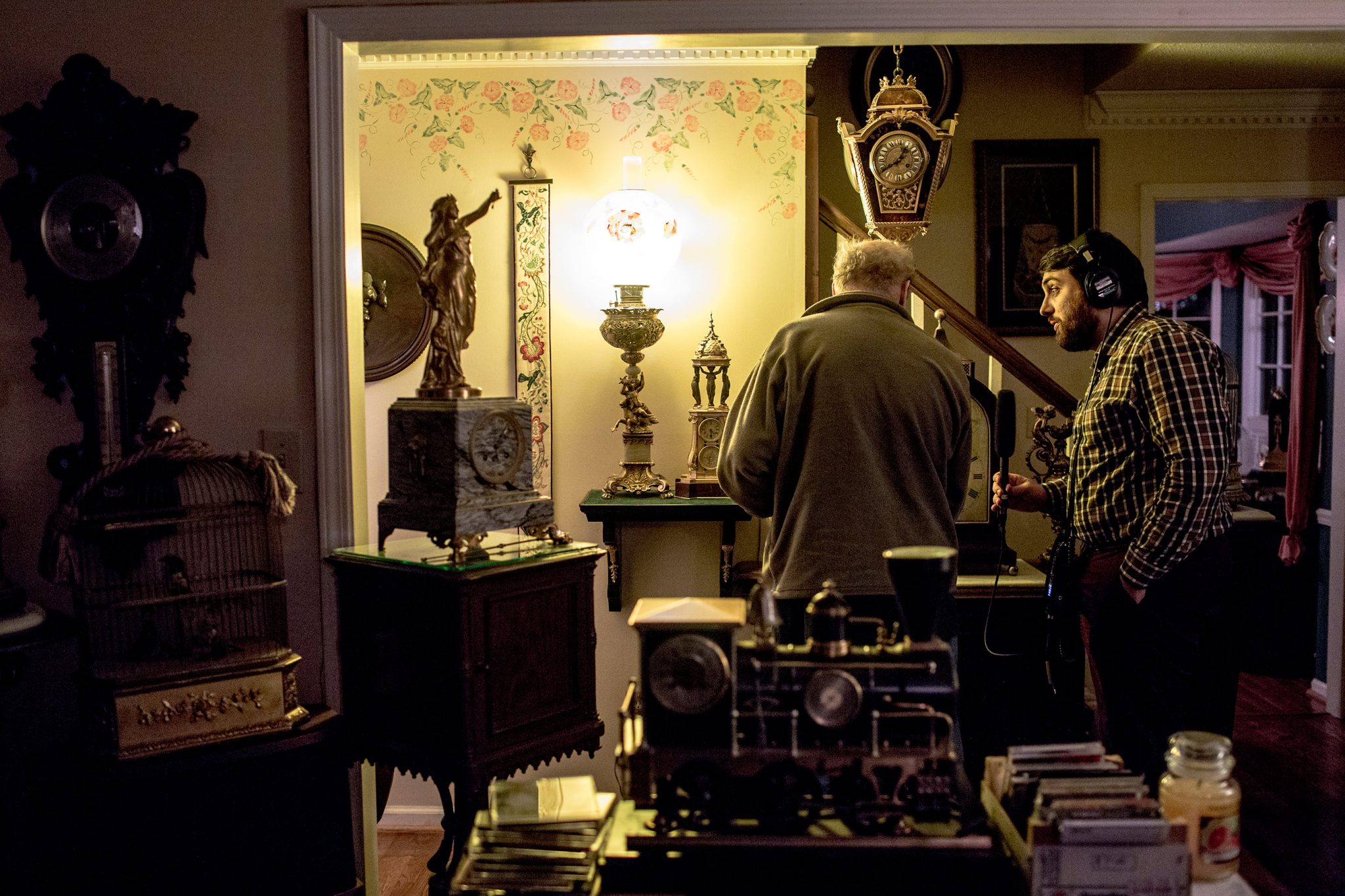
When asked about his relationship to John, over the time that he knew him and in the subsequent years investigating his legacy, Reed says, “I mean, we weren’t friends; I wouldn’t call it a friendship”.
“That doesn’t mean there isn’t affection and caring,” he goes on, sincere. “I think I was a reporter, a place to vent, someone to try and get to listen to everything he had going on. I was among that cast of characters in his life — but with this hope that he would be able to expose this place for what it is, to a broader audience. I also think I was company.”
I raise the accusation from The Guardian, that his work with John’s story is “morally indefensible”. “Yeah, I read that one,” he says with a smile. “But that person didn’t even contact me to ask me to defend it, which, to me, is the most basic journalistic ethic that you do. So it’s just weird. I’m happy to talk to people about that kind of stuff, but I don’t think it’s morally indefensible.
“I think there are parts of reporting that are morally ambiguous. That is always part of reporting.”
–
If you’d like to talk to someone after reading this piece you can contact Lifeline 24 hours a day on 13 11 14.
–
Brian Reed will be speaking at Sydney Opera House this Saturday after two sold-out shows at Melbourne’s Wheeler Centre. A small number of tickets are still available here.
–
Meg Watson is the Editor of Junkee. She tweets at @msmegwatson.
